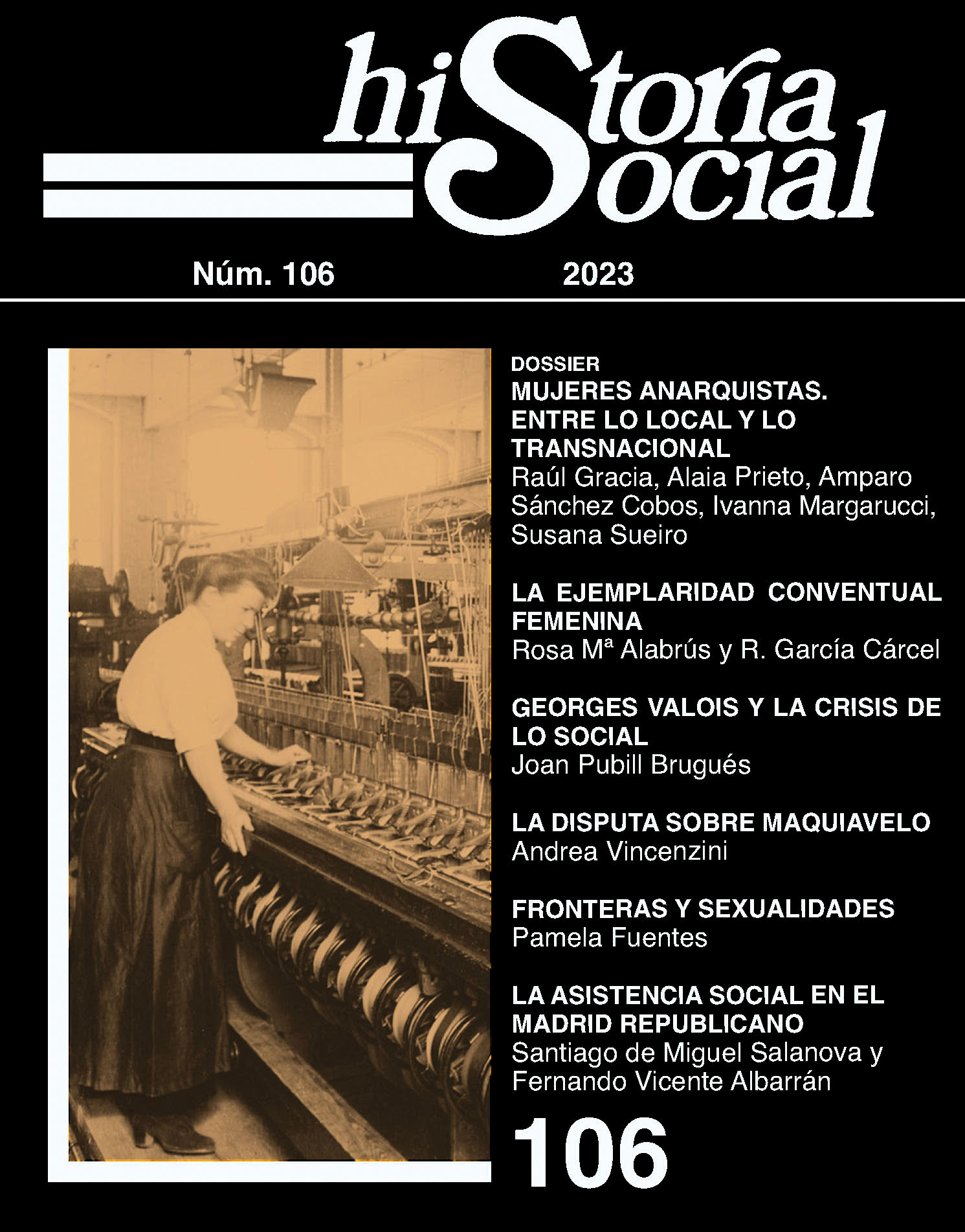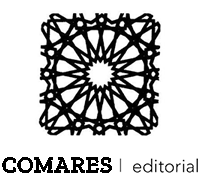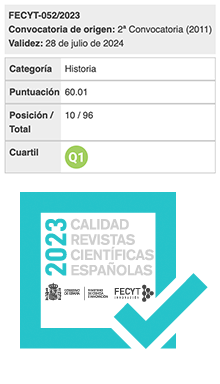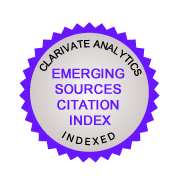Identificar para reglar. Significados y prácticas de la asistencia social en el Madrid republicano.
DOI:
https://doi.org/10.70794/hs.103195Palabras clave:
Madrid, Política municipal, Segunda República, Paro, Asistencia socialResumen
El presente artículo analiza las características y los significados de las políticas municipales que durante la Segunda República se desplegaron en aras de implementar unos mecanismos de asistencia social reglados en torno a dos cuestiones estrechamente interconectadas en el mundo urbano: la pobreza y el paro. Mediante la consulta de la documentación tramitada por el Ayuntamiento de Madrid, se indagará en la conceptualización oficial de esas problemáticas y en la manera en que se abordaron a través de aplicaciones prácticas. Para ello, se analizarán las categorizaciones sociales y los procedimientos empíricos que las autoridades cívicas articularon para identificar y reglar sobre aquellos grupos poblacionales que, impelidos a la pobreza, resultaban susceptibles de recibir los socorros que se otorgaron a nivel local.







